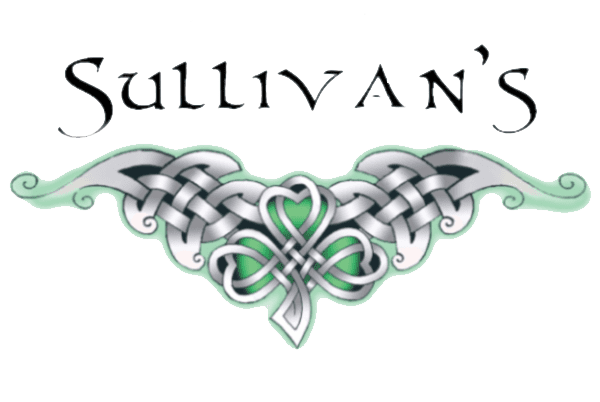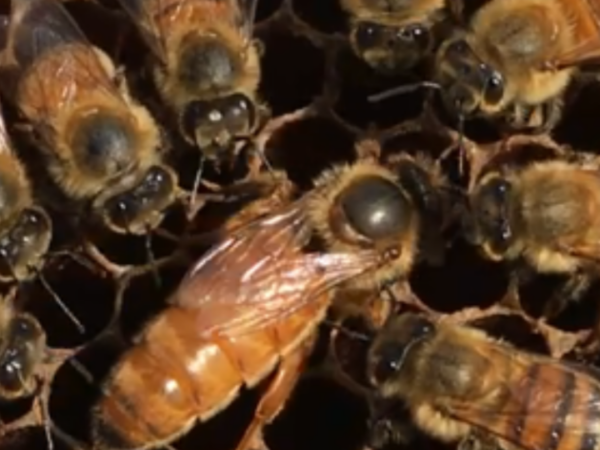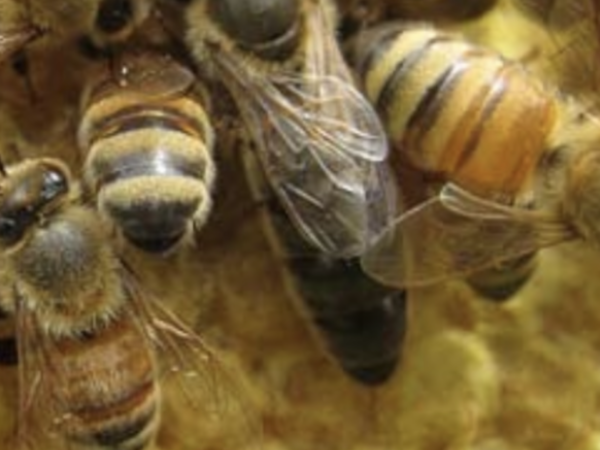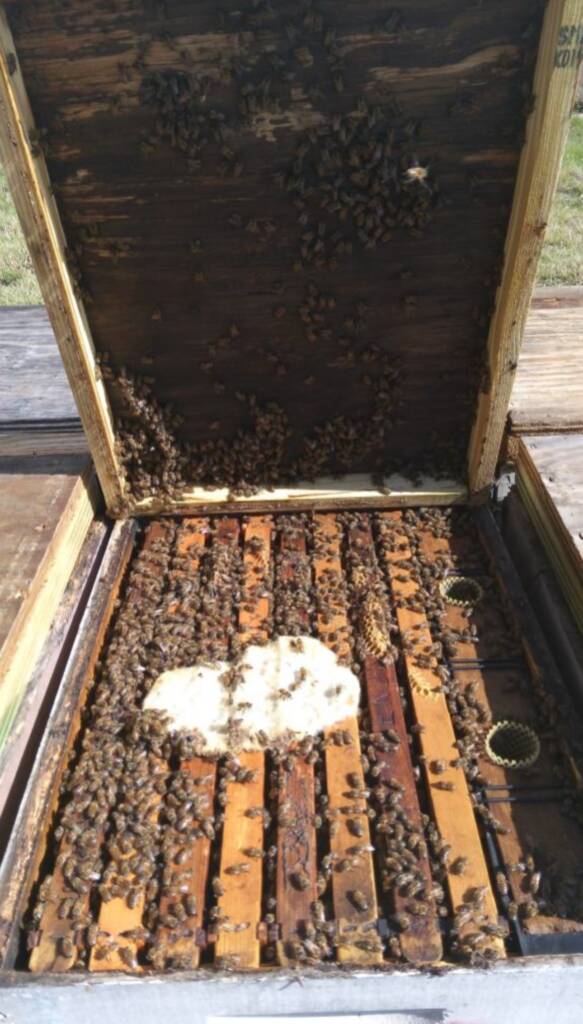Why are Honey Bees Important?
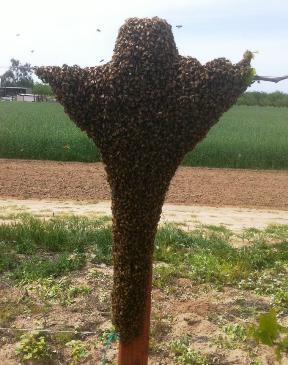
![]() “Honey Bees are honored for the intense Labor they Devote for the good of mankind.”
“Honey Bees are honored for the intense Labor they Devote for the good of mankind.”
BEE POLLINATION FEEDS THE WORLD POPULATION
Seventy out of the top 100 human food crops require bee pollination services. These crops supply about 90 percent of the world’s nutrition value in our diets. All these crops need to be pollinated by bees, and have quality queen bees to maintain their bee colony. A single bee colony can pollinate 300 million flowers each day and produce natural honey at the same time. Some of the crops that are pollinated are cucumbers, almonds, carrot seed, melons, apricots, cherries, pears, apples, prunes, plums, alfalfa seed, cantaloupe, onion seed, avocados, blueberries, cranberries, and many more. Organic honey is the only food source that includes all the substances necessary to sustain life, which includes enzymes, vitamins, minerals, and water. View our APICARE™ Products for bee colony collapse protection against Black Queen Cell bee virus, Chalkbrood and Foolbrood bacterial infestations, Nosema bee parasite disease, and removing harmful substances from the beehives and the bee’s diet.
QUEEN BEES • POLLINATION SERVICES • NATURAL HONEY
- You must add a minimum of 2 Carniolan Queen Bee's to your cart.
QUALITY QUEEN BEES
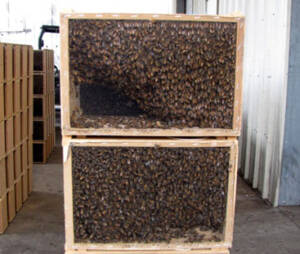 Sullivan Bees is considered one of the top queen bee breeders in the United States based upon our expertise and experience with mated queen bees, bee pollination services, and being a natural honey supplier for over 20 years. Sullivan Bees has the best queen cells, which deliver Italian Hygienic, Cordovan, and Carniolan quality queen bees for your beekeeping or crop pollination ventures. See our Queen Bee Availability Calendar for shipping dates, and buy queen bees online today. View our APICARE™ products to protect against bee colony collapse.
Sullivan Bees is considered one of the top queen bee breeders in the United States based upon our expertise and experience with mated queen bees, bee pollination services, and being a natural honey supplier for over 20 years. Sullivan Bees has the best queen cells, which deliver Italian Hygienic, Cordovan, and Carniolan quality queen bees for your beekeeping or crop pollination ventures. See our Queen Bee Availability Calendar for shipping dates, and buy queen bees online today. View our APICARE™ products to protect against bee colony collapse.
HONEY BEE PROTECTION
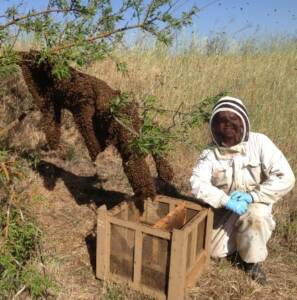 SULLIVANCARE™ protects your bees from harmful bee viruses, bee colony bacterial infestations, and beehive parasite diseases which can cause bee colony collapse or poor honey production. Honey bees are ingesting everything they come in contact during their pollination activities throughout the day. Bee pollination activities happen in their surrounding ecosystem and atmosphere which has increasing numbers of pesticides present, and harmful bee diseases that can cause bee colony collapse. All these harmful substances will end up in the beehives ecosystem. Our SULLIVANCARE™ product stops the spread of these debilitating threats to the entire bee colony.
SULLIVANCARE™ protects your bees from harmful bee viruses, bee colony bacterial infestations, and beehive parasite diseases which can cause bee colony collapse or poor honey production. Honey bees are ingesting everything they come in contact during their pollination activities throughout the day. Bee pollination activities happen in their surrounding ecosystem and atmosphere which has increasing numbers of pesticides present, and harmful bee diseases that can cause bee colony collapse. All these harmful substances will end up in the beehives ecosystem. Our SULLIVANCARE™ product stops the spread of these debilitating threats to the entire bee colony.
